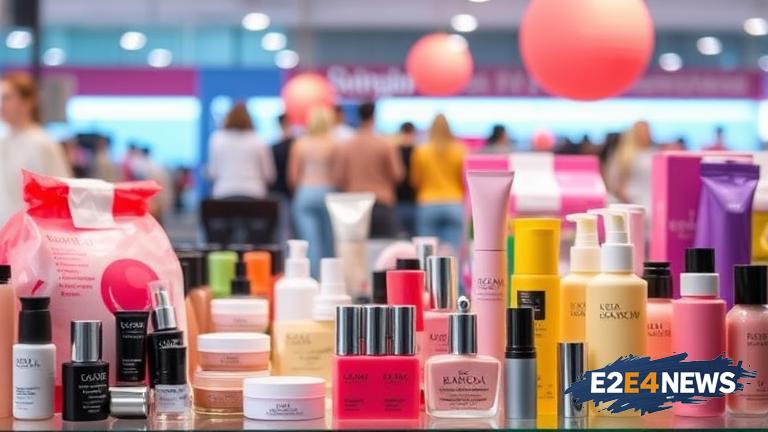The beauty industry in Singapore has been facing a significant setback due to a substantial rise in prepayment losses. According to recent reports, there has been a 464% increase in prepayment losses, with many consumers losing large sums of money to unscrupulous businesses. The main culprit behind this trend is the aggressive and misleading sales tactics employed by some beauty companies. These tactics often involve deceiving customers into paying large sums of money upfront for services or products that may not be delivered as promised. Many consumers have reported being pressured into signing contracts or making payments without fully understanding the terms and conditions. The lack of transparency and accountability in the industry has made it difficult for consumers to make informed decisions. Furthermore, the absence of effective regulations has allowed these unscrupulous businesses to thrive, leaving many consumers vulnerable to exploitation. The Singapore government has been urged to take action to address this issue and protect consumers from these deceptive practices. In response, the government has announced plans to introduce new regulations to govern the beauty industry and provide greater protection for consumers. The new regulations will require beauty companies to be more transparent in their sales practices and provide clearer information to consumers about their services and products. Additionally, the regulations will introduce stricter penalties for businesses that engage in deceptive practices. The introduction of these regulations is expected to have a positive impact on the industry, promoting a more transparent and accountable business environment. However, some industry experts have expressed concerns that the regulations may not be enough to fully address the issue. They argue that more needs to be done to educate consumers about their rights and to promote a culture of transparency and accountability within the industry. Despite these challenges, the beauty industry in Singapore remains a significant contributor to the country’s economy. The industry is expected to continue growing, driven by increasing demand for beauty and wellness services. However, the growth of the industry will depend on its ability to address the current challenges and promote a more positive and transparent business environment. In recent years, there has been a growing trend towards online beauty services, with many consumers turning to social media and online platforms to find beauty services and products. This trend has created new opportunities for businesses to reach a wider audience, but it also poses new challenges in terms of regulation and consumer protection. To address these challenges, the government and industry stakeholders will need to work together to develop effective regulations and guidelines for online beauty services. By promoting a more transparent and accountable business environment, the beauty industry in Singapore can continue to grow and thrive, providing high-quality services and products to consumers. The industry’s growth will also depend on its ability to innovate and adapt to changing consumer trends and preferences. With the increasing demand for sustainable and eco-friendly products, beauty companies will need to develop new products and services that meet these changing demands. Overall, the beauty industry in Singapore faces significant challenges, but with the right regulations and guidelines, it can continue to grow and provide high-quality services and products to consumers.
